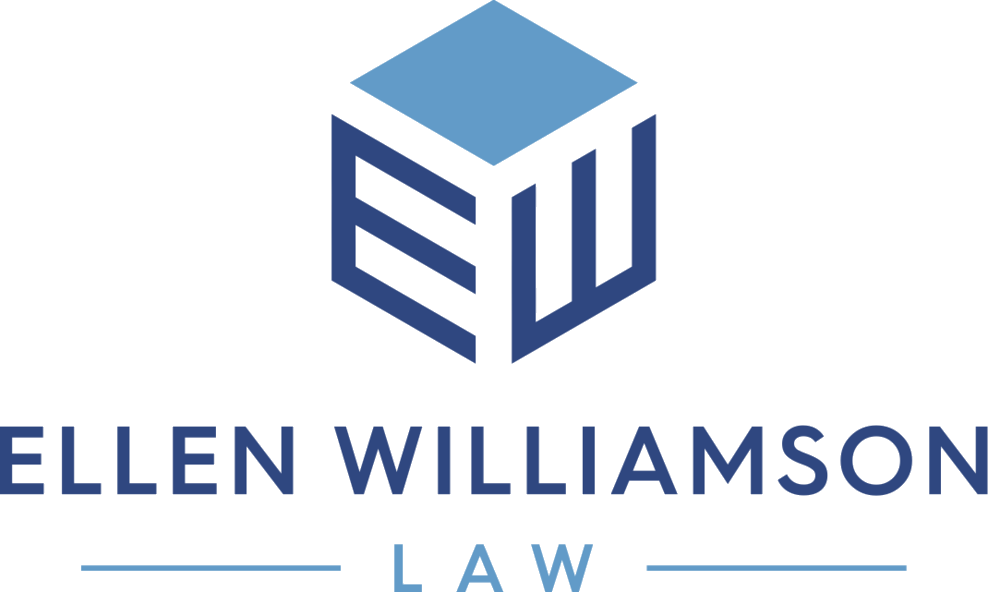Adventures in Banking
When you think about estate planning, you probably think first in terms of how your assets will be distributed among your family members. Certainly, this is an important aspect. But as I remind my clients, much of their estate planning process happens outside my office, such as with beneficiary designations and lifetime gifts.
It may not seem that your choice of financial institutions to entrust with your assets is part of your estate plan. But when you choose a bank or brokerage to do business with, you are choosing the institution that your family will someday have to deal with upon your death or incapacity.
This isn’t usually on our minds when we choose where to bank. Perhaps you chose the bank with the closest branch, or the one servicing your student loans or mortgage. Maybe you opened your account years ago with a small local bank and over the years it has been bought and merged into its current form. Whatever your reasoning, if you’re like most people, you probably didn’t give much thought to how your banking decisions now may affect your family later.
And if all you do with your bank is make deposits and write checks, it may seem as though they’re interchangeable. But if you’ve ever had to try to gather assets from a loved one’s bank when serving as their executor or guardian, you may already have learned the hard way that all banks are not created equal.
I recently had a day where the difference between service-oriented banks and, uh, others was made very clear, and I share that story as an example for you to keep in mind as you ponder what kind of experience you’d wish for your family to have someday.
I was recently appointed by the Court to serve as administrator of the estate of a decedent because no family member was willing or able to do so. The decedent had a checking account with a relatively small balance at a major national bank whose name I won’t share but you’d recognize.
First, I walked into a local branch of that bank with my Letters of Administration and copy of death certificate but they told me they didn’t take walk-ins and I needed to make an appointment. A few days later I arrived for my scheduled appointment and had to leave empty-handed after more than an hour because the banker serving me was facing excessive hold times in trying to contact the back office. Yes, this bank apparently does not empower the branch bankers to handle the routine matter of closing a decedent’s checking account.
So, hoping for better luck elsewhere, I scheduled my next appointment at another branch. The banker there called me a few days beforehand to ask about my needs and provided an email address so I could provide the Letters and death certificate in advance.
The good news is that I did walk out of that appointment with a cashier’s check closing out the account, along with copies of bank statements, and the banker was helpful. The bad news is that despite having a helpful banker and providing everything in advance, it still took two hours in person because, yet again, the routine action of closing a decedent’s estate required a call to the back office.
For those of you keeping score at home, that’s 3 in person visits and 3+ hours of administrator time to handle this simple, routine task. For me, this was merely frustrating. Frustrating that it took so much of my day, and that there was no more cost-efficient means of solving the problem. But imagine how much harder this would be for someone who is also in the midst of mourning a loss or feeling the stress and sadness of watching a loved one decline. Now, not only is this a frustrating process, but it comes at the worst possible time.
Remember when I said that this day illustrated the dramatic difference between the types of bank out there? Well, later that day I stopped into the branch of PlainsCapital Bank, where I do my business banking. I didn’t have an appointment but the banker greeted me by name and asked how he could help. Within 10 minutes I had a new estate account set up for the decedent, funded with the cashier’s check from the other bank, and I’d transacted some business on another account there. What a difference between that experience and the one earlier that day!
The takeaway: all banks are not created equal, and I encourage you to prioritize customer service in choosing where you bank. After all, you’re not just choosing where you bank, you’re choosing who your family will have to deal with someday upon your death or incapacity.

